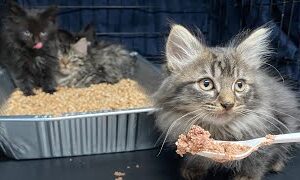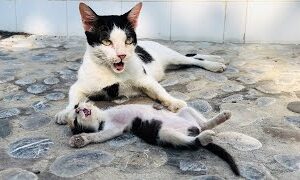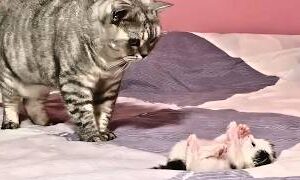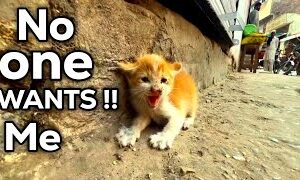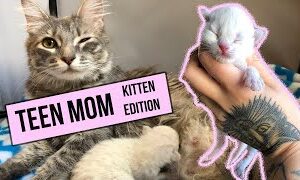Cats are naturally agile, curious animals, but obesity can negatively impact their health and lifestyle. Early signs of obesity in cats include a less defined waistline, a sagging belly, and the difficulty in feeling their ribs without applying pressure. Reduced energy levels, increased sleep, and a reluctance to play are also red flags for possible weight gain.
If you suspect your cat may be overweight, consult your vet for a Body Condition Score (BCS) assessment. They might suggest portion control, switching to a high-protein, low-carb diet, and introducing a weight loss plan tailored to your cat’s needs. Avoid free-feeding, and instead establish set meal times to help regulate their intake. Additionally, engaging your cat with interactive toys like feather wands or laser pointers can help keep them active and playful.
Finally, be patient and aim for a gradual weight loss of about 1-2% of their body weight per week. By closely monitoring these steps and keeping in touch with your vet, you can help your cat stay fit and healthy.
